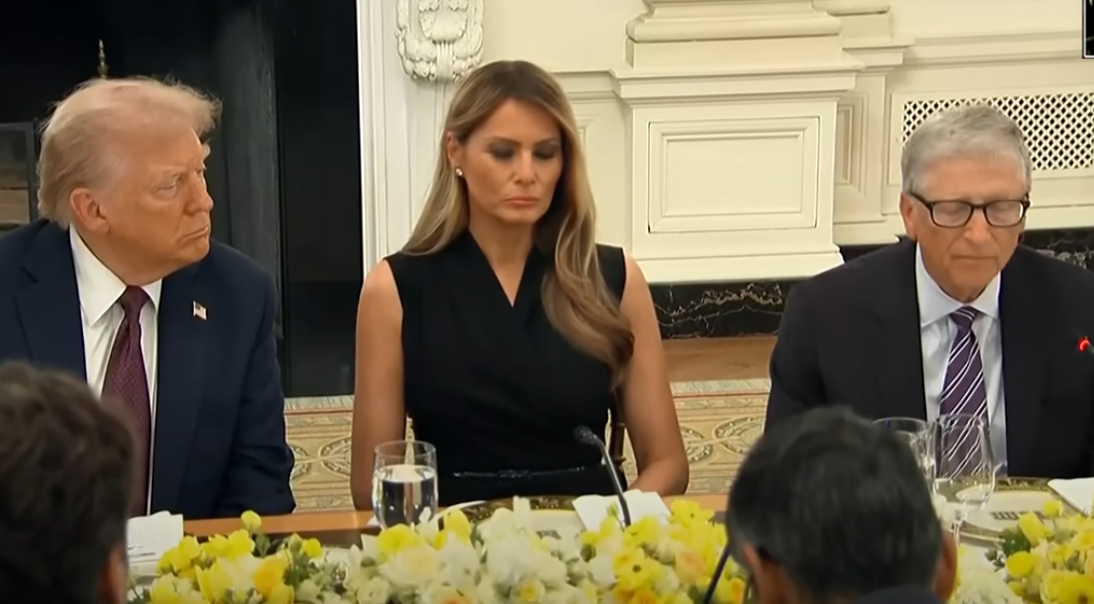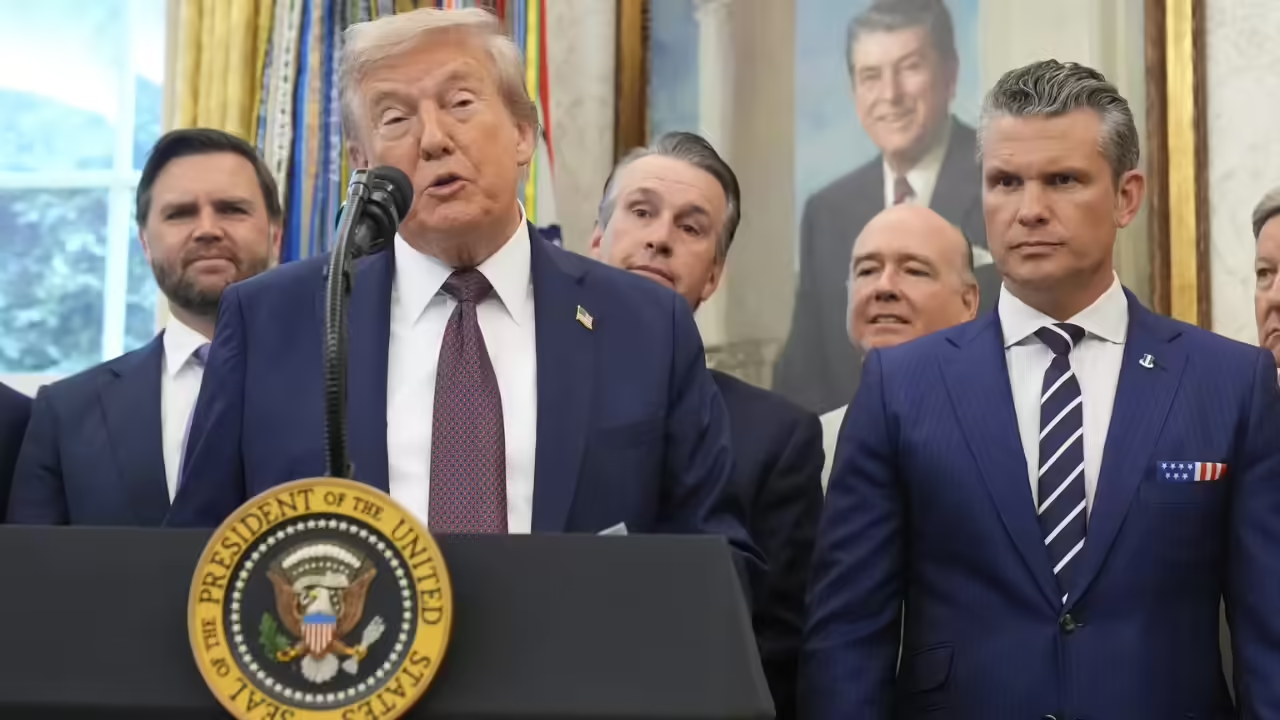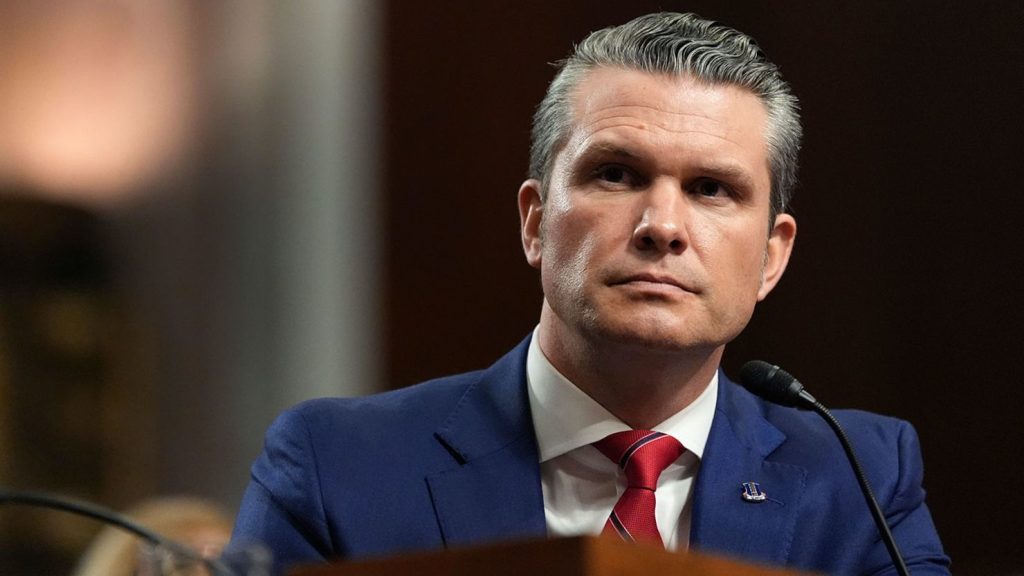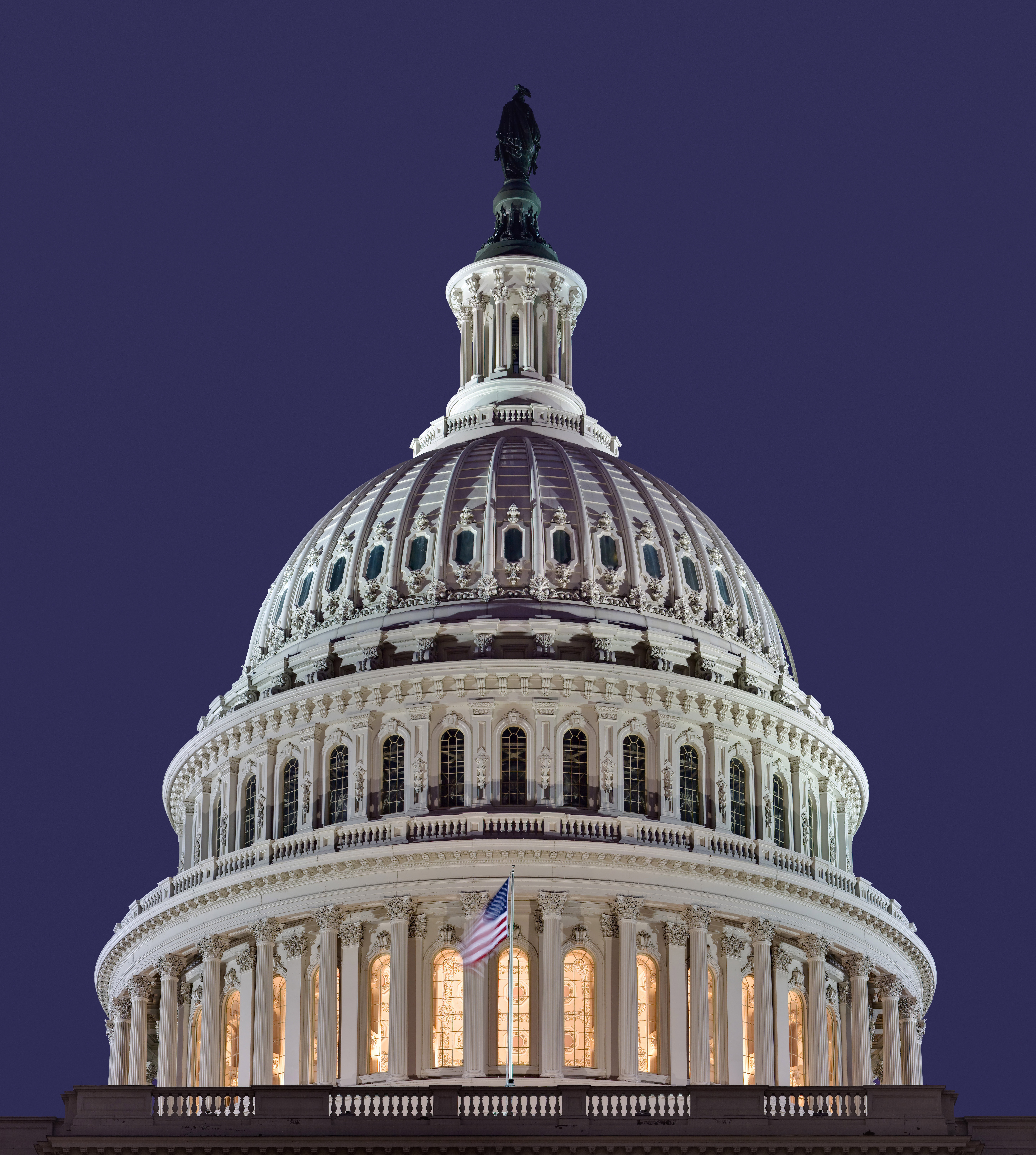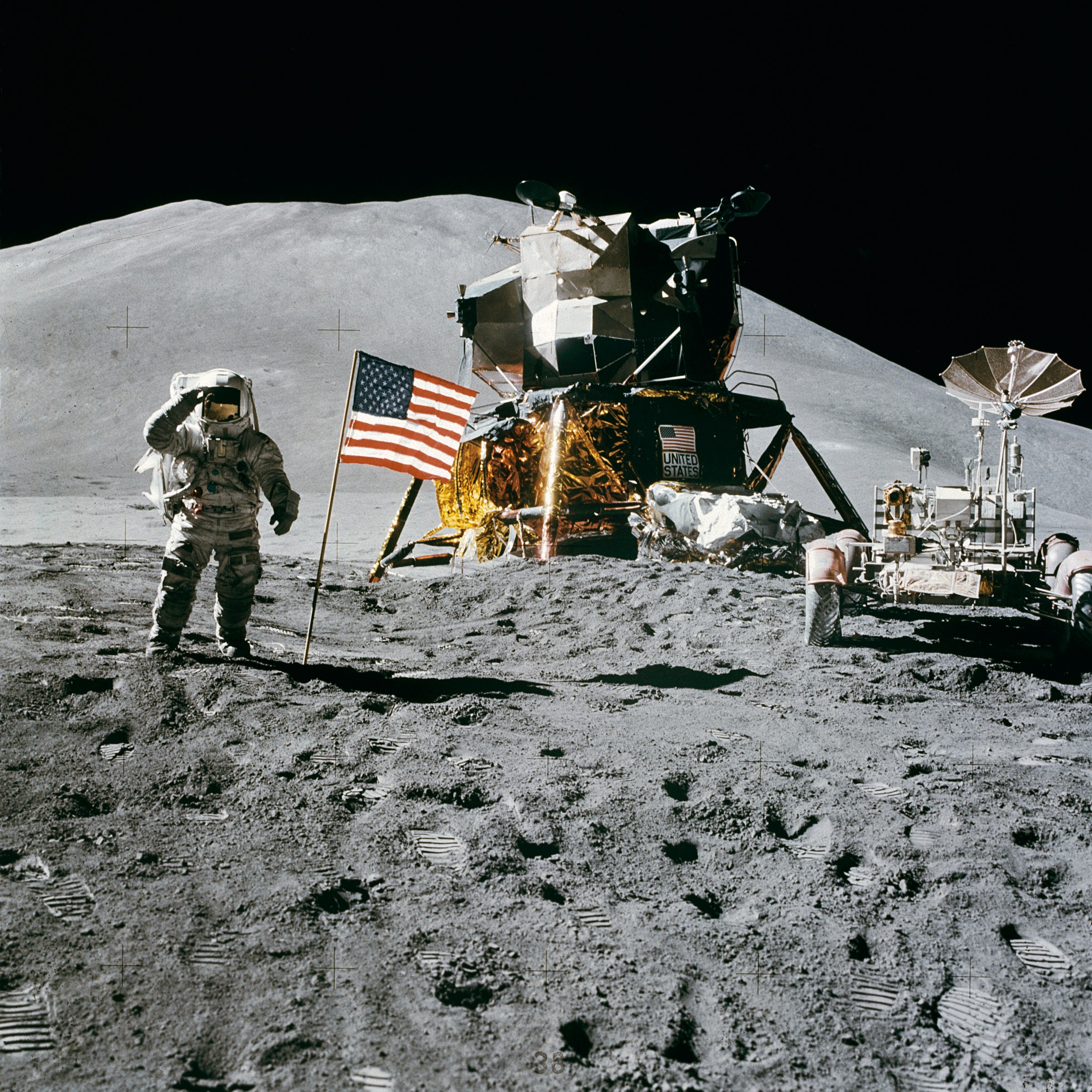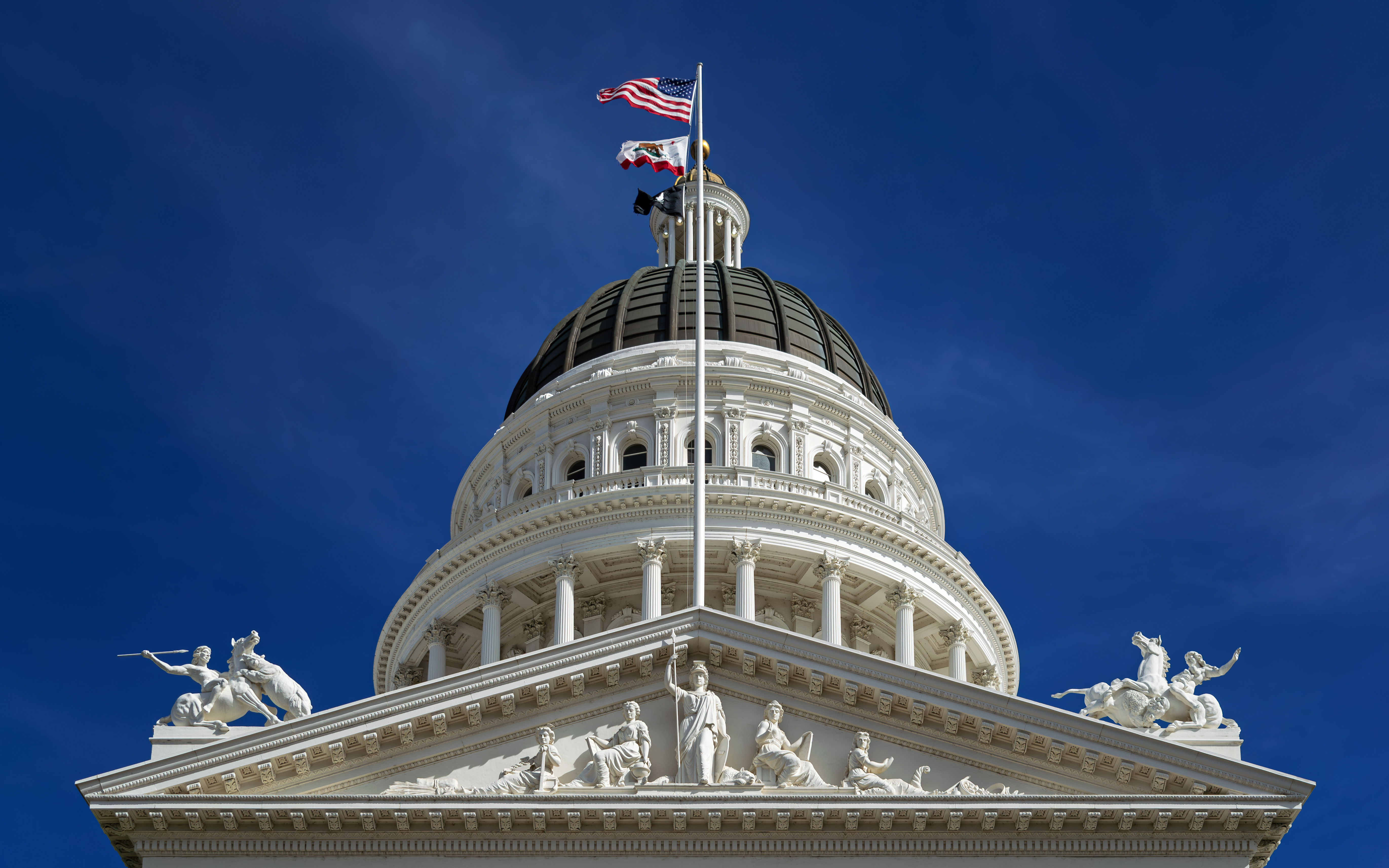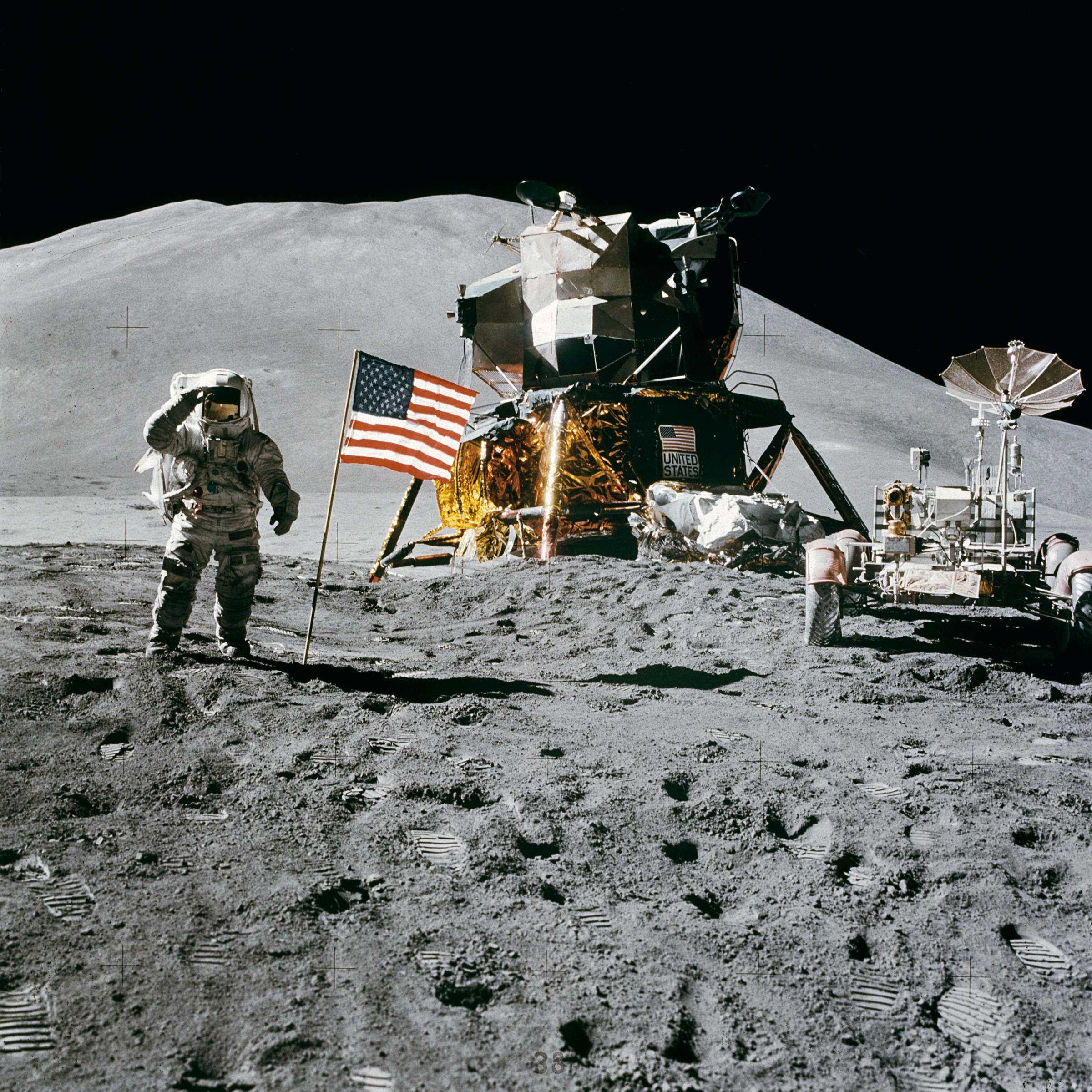President Donald Trump’s high-profile September 4 White House dinner with tech titans Bill Gates, Mark Zuckerberg, and Tim Cook has ignited fierce debate within the America First movement, highlighting tensions between economic pragmatism and ideological purity.
The gathering, which secured massive investment pledges including Meta’s $600 billion U.S. infrastructure commitment, represents Trump’s signature deal-making approach to American technological dominance. Executives reportedly committed to ambitious health initiatives targeting diseases like polio and HIV through vaccines and gene editing technology.
**Strategic Economic Victory**
From a pure America First economic perspective, the summit delivered tangible wins. The investment commitments promise to strengthen U.S. technological infrastructure while creating American jobs. Trump’s ability to leverage presidential authority to extract these commitments demonstrates the kind of economic nationalism his supporters elected him to pursue.
“This is exactly what we voted for – putting America’s economic interests first, even if it means working with people we don’t personally like,” argued one supporter on social media.
**Base Backlash Reveals Deeper Tensions**
However, the inclusion of figures like Bill Gates and Mark Zuckerberg – long viewed as adversaries by many Trump supporters – sparked immediate controversy. Critics pointed to Gates’ vaccine advocacy and Zuckerberg’s content moderation policies as fundamentally incompatible with conservative values.
“There is no reason for Bill Gates to be in the White House,” declared Mike Cernovich, echoing sentiment across conservative social media. Nicole Shanahan questioned whether such alliances align with Trump’s stated values.
**The Musk Factor**
Notably absent was Elon Musk, who sent a representative instead of attending personally. This absence felt symbolic to many supporters who view Musk as the ideal tech partner – someone who actively supported Trump’s campaign while championing free speech principles.
“Elon risked everything to help elect Trump. He should be there, not Bill Gates,” one supporter noted, highlighting the perceived betrayal of loyalists in favor of former adversaries.
**America First Dilemma**
The controversy illuminates a fundamental tension within Trump’s coalition: the balance between ideological purity and practical results. While the dinner advanced concrete American economic interests, it also required cooperation with figures many supporters view as fundamentally opposed to their values.
This divide reflects broader questions about how to achieve America First goals in practice. Does patriotic governance require ideological consistency, or does it demand pragmatic deal-making that delivers results regardless of personal relationships?
**Moving Forward**
As Trump’s second term progresses, managing this tension will prove crucial. The base’s reaction suggests that while supporters want American technological dominance, they expect it achieved through partnerships with allies rather than former adversaries.
The tech summit’s success will ultimately be measured not just in investment dollars, but in whether Trump can maintain the coalition that elected him while pursuing policies that strengthen American global competitiveness.
